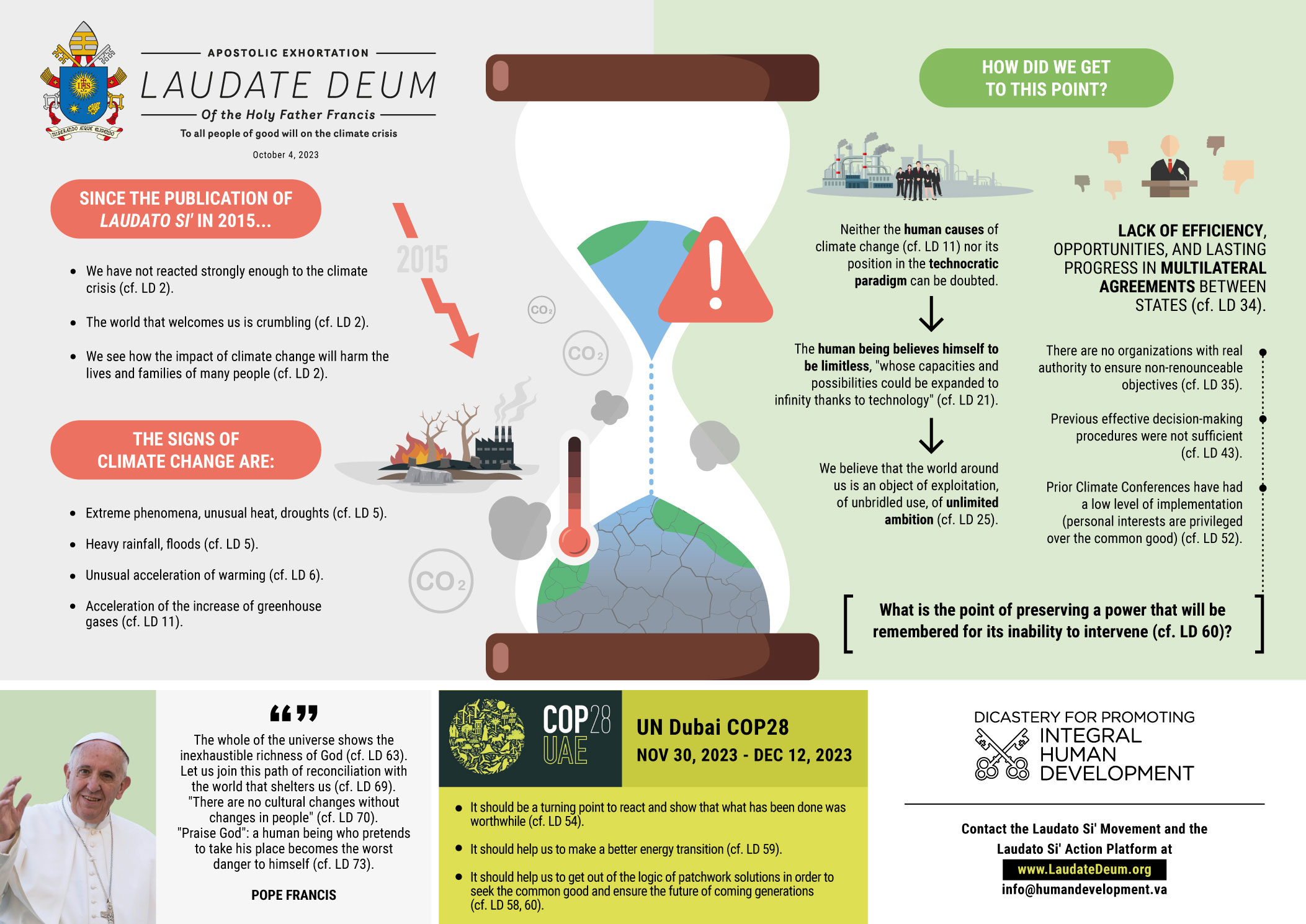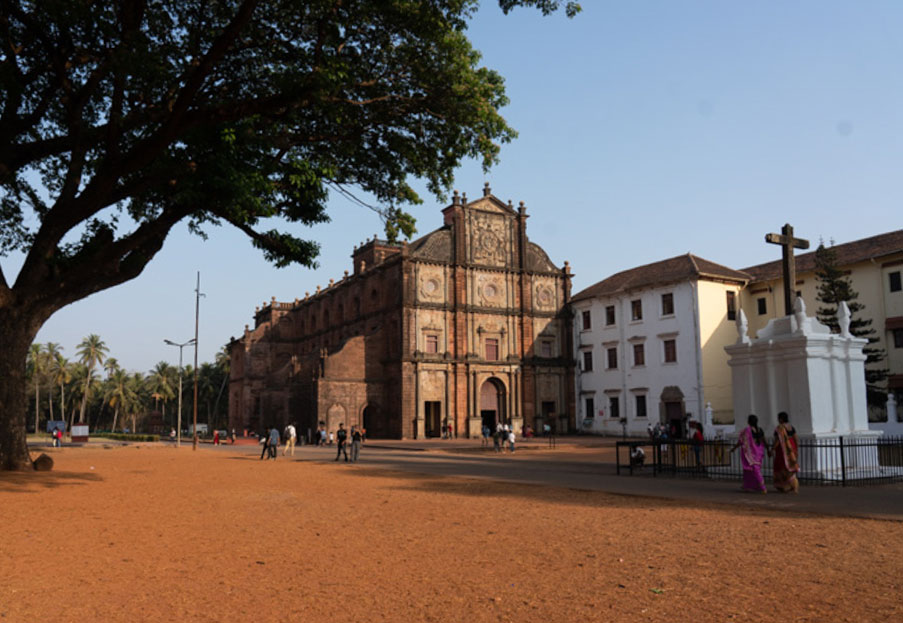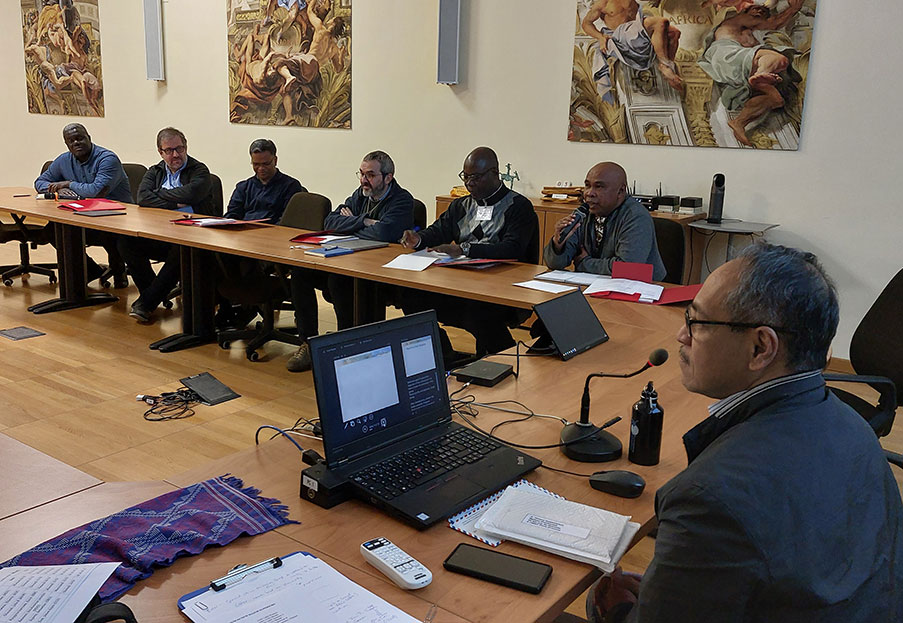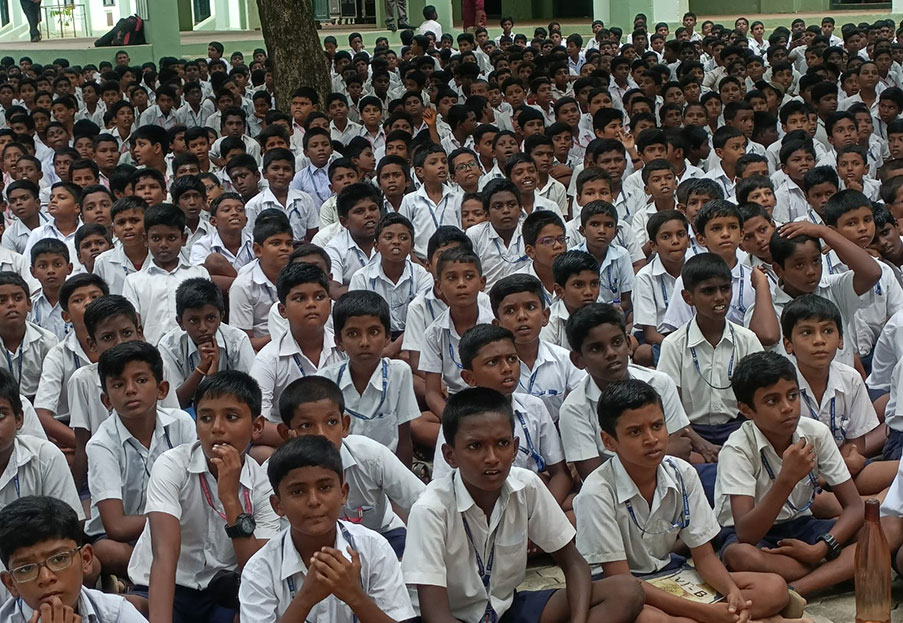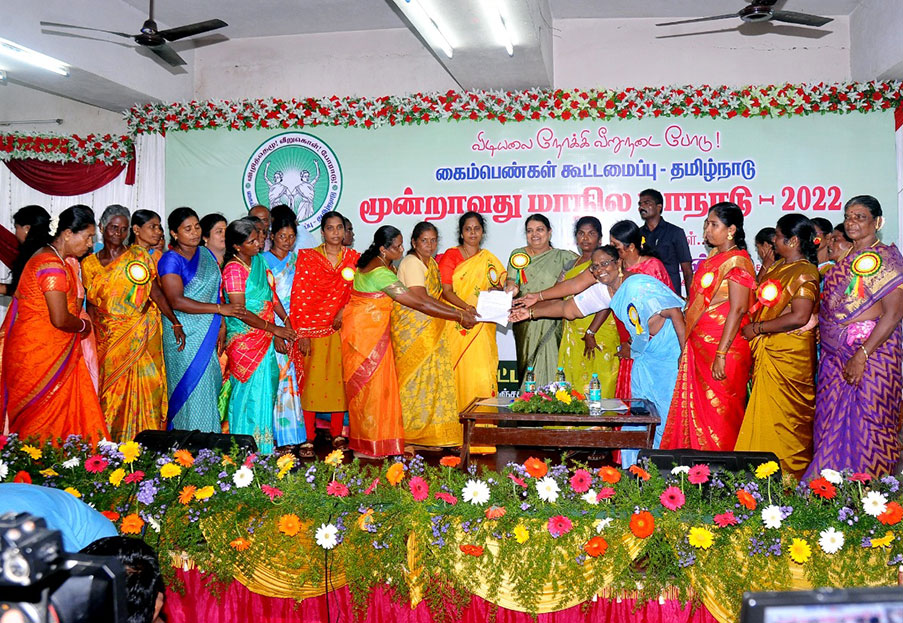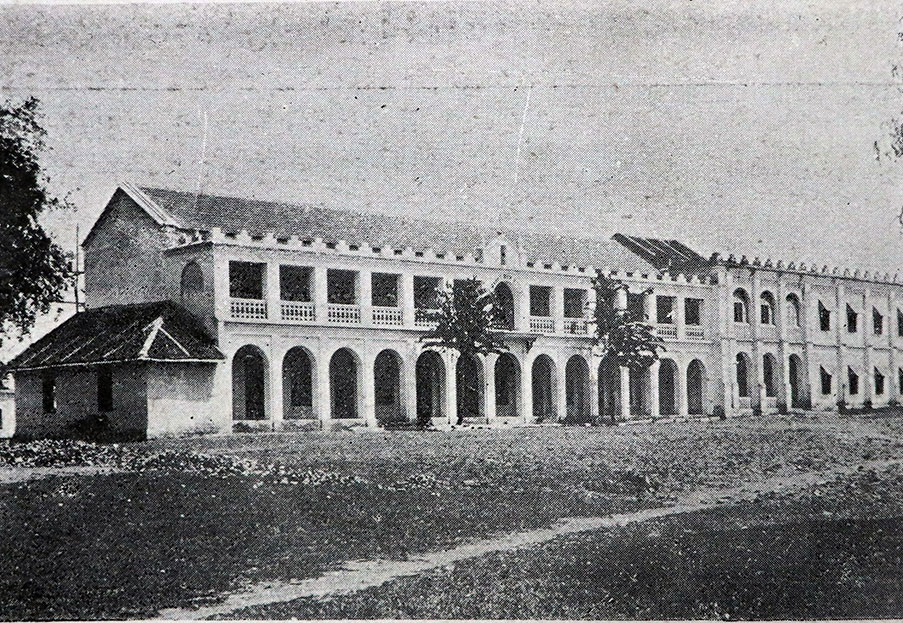Northeast India: Integral Ecology for a Diversified Region
On the occasion of the release of Pope Francis’ apostolic exhortation Laudate Deum, we are publishing a series of articles highlighting the ecological initiatives of the Society of Jesus. Today, from the Kohima Region (India).
By WK Pradeep SJ
A world of diversity
‘Northeast India,’ comprising seven states, perhaps has the highest density of cultural diversity in the world with 166 different tribes (population of 51,670,000) present in just 262,179 km². With plains, mountains and valleys, the altitude varies from the sea-level to its highest point at 7,090m above sea level. Nowhere is annual rainfall less than 1,000mm, and Mawsynram, with an annual rainfall of 11,872mm, is the wettest place on Earth. This region partakes in two of the thirty-six biological hotspots of the world (Himalayas and Indo-Burma Region), and shares 5,182km of international border with Bhutan, Tibet, China, Burma and Bangladesh. Amidst all these exist also problems like intranational and international migration, the disparity between the rich and the poor even among the otherwise egalitarian tribals and environmental degradation. It is this region that the Jesuits call the “Kohima Jesuit Region” (Kohima is the capital of Nagaland).
Against this backdrop, reflecting on the 4th Universal Apostolic Preference, it is pertinent that the Kohima Jesuits ask: What have we done? What are we doing? What can we do for an integral ecology in Northeast India?
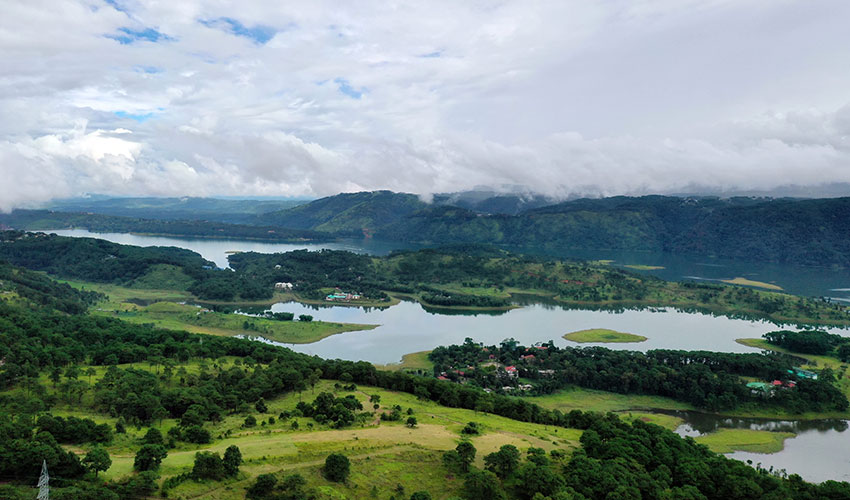
Integral-Ecological Traditions - the good and the bad
We, the people of Northeast India, look at Mother Earth as a living system. The conservationist principle of maintaining a balance between consumption and regeneration is part of the ethos. Conservation practices include: ‘sacred groves,’ forestlands where human activities are forbidden; taboos forbidding certain peoples from consuming certain plants and animals; seasons forbidding hunting, etc. These are not just anthropocentric regulations: nature is considered to have life needing care, and the deities and ancestral spirits are believed to live in it and preserve it.
However, there are certain practices which degrade the environment: ‘zhum’ (shifting) cultivation where large forest covers are burnt down and cultivated before shifting to next covers; monocrop; slope cultivation; playful chopping of branches while passing through forests; omnivorous diet - expressed in the saying ‘Everything that moves is to be eaten.’ It is in this multifaceted scenario that the Jesuits need to return to the triple question.
Current Path
Certainly, the Kohima Jesuits are committed to healthy ecological practices. Through
preaching and praying, teaching and training, eco-clubs and plantation-drives,
we have conscientized people to save resources and avoid degradation.
Destroying trees for firewood and cultivation was rampant in 70s to the 90s,
but is now brought down to minimum. In Jesuit campuses: wasting of water, paper
and plastic has been reduced, green covers have increased, and hunting is
banned. During campus development, natural landscapes are conserved. Many
campuses run on 100% solar energy. Recently, the Kohima Region renewed its
ecological commitment by including ecology in its Mission Statement 2020: “We
resolve to be witnesses of God’s Kingdom... consciously aware of the anguished
cry of the vulnerable, the youth and Mother Earth...” and making “Care for
Mother Earth” a Region Apostolic Preference (RAP#2). Also, some Jesuits
of the Region have been trained in environmental sciences and there is a Jesuit
assigned to coordinate ecological ventures of the Region.
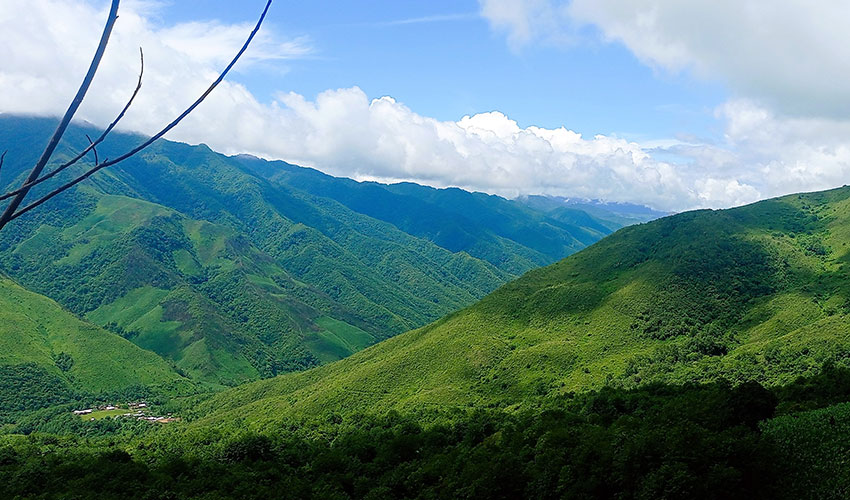
What more?
However, most aforementioned measures are merely professed ideals and short-term practical actions, and much more is required in terms of research, spirituality and social restructuring. Data collection of flora and fauna, research on and conservation of the indigenous knowledge of medicinal plants, philosophical and theological reflection for the integration of traditional tribal wisdom with Christian values and Ignatian insights, and an eco-research centre to do all these - are the ecological frontiers that we need to tread.
We need to take note that, with the dawn of urbanization (lifestyle shift), money (value shift), and non-farming jobs (professional shift), the Northeasterners are also subject to change of worldview and lifestyle. Temptations of ‘unethical consumerism’ (Laudato si’ #219) and ‘practical relativism’ (Laudato si’ #122-123) change the attitude: my need, my family and my home take precedence over our need, our tribe and our nature. So we, the Jesuits and the collaborators, need “to combat the dominant culture which tends to degrade and exploit Mother Earth” (RAP#2.1), “cultivate a renewed sense of the sacred and a realization of the interconnectedness of creation” (RAP#2.2) and “promote sustainable models of development” (RAP#2.3). More fundamentally, in the spirit of Magis, we need to venture further to develop an integral ecological worldview and a transforming spirituality which bring about a responsible lifestyle.

